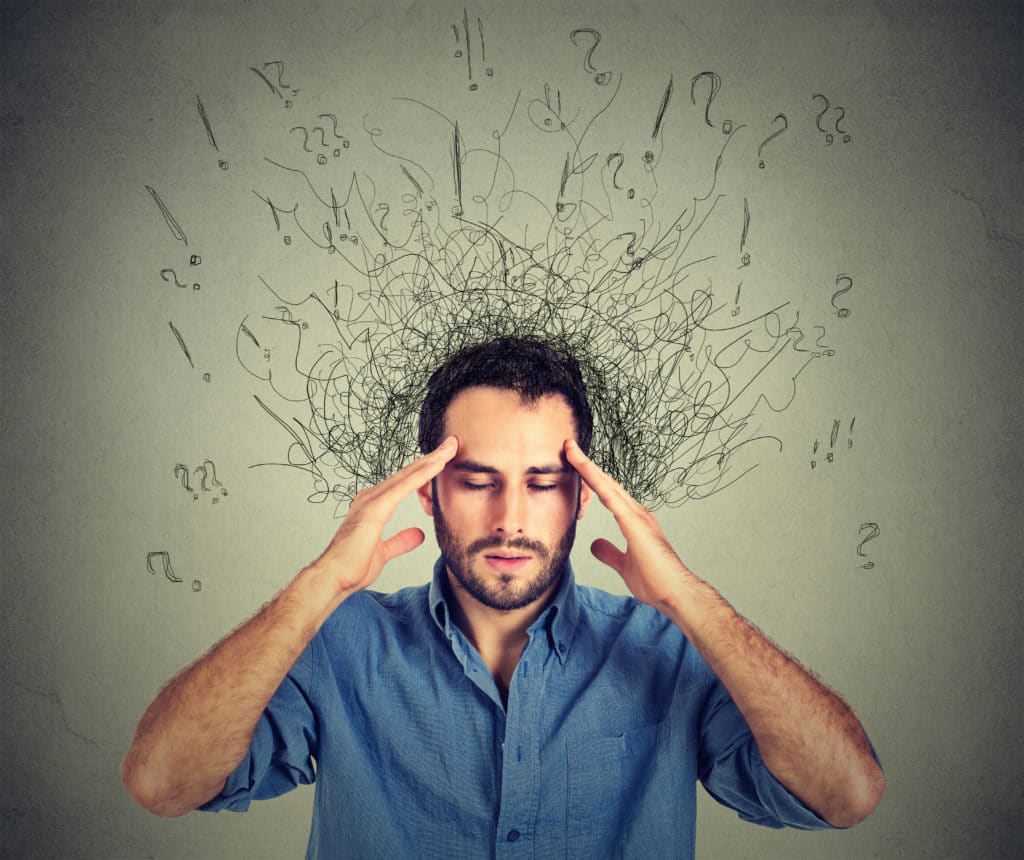Anxiety disorders are among the most prevalent mental health conditions, impacting millions of individuals globally. These disorders can manifest in many forms, including generalized anxiety disorder (GAD), panic disorder, social anxiety disorder, and specific phobias. Each type of anxiety disorder carries its unique traits, but common to all is the overwhelming and persistent feeling of worry or fear that interferes with daily activities.
Living with anxiety can be debilitating, but it’s important to know that effective treatments are available. One of the key components of treatment can be medication. Medications can help to manage and alleviate the symptoms of anxiety, allowing individuals to lead more fulfilling and productive lives. However, determining whether or not you need medication for anxiety can be a complex decision that involves understanding the benefits and the potential drawbacks.
Different Types of Medications for Anxiety and Their Pros and Cons
When considering medication for anxiety, several types are commonly prescribed. Below, we outline these medications and discuss their advantages and potential side effects.
- Selective Serotonin Reuptake Inhibitors (SSRIs):
- Examples: Prozac (fluoxetine), Zoloft (sertraline), Paxil (paroxetine)
- Pros: SSRIs are often the first-line treatment for anxiety disorders. They are effective in reducing anxiety symptoms and have a relatively favorable side-effect profile.
- Cons: Common side effects include nausea, headache, and sexual dysfunction. It may take several weeks to notice an improvement in anxiety symptoms.
- Serotonin-Norepinephrine Reuptake Inhibitors (SNRIs):
- Examples: Effexor (venlafaxine), Cymbalta (duloxetine)
- Pros: SNRIs can be particularly effective for generalized anxiety disorder and other anxiety conditions. They address both serotonin and norepinephrine imbalances.
- Cons: Side effects can include increased blood pressure, insomnia, and a higher likelihood of withdrawal symptoms upon discontinuation.
- Benzodiazepines:
- Examples: Xanax (alprazolam), Ativan (lorazepam), Valium (diazepam)
- Pros: Benzodiazepines provide quick relief from acute anxiety symptoms and are effective in managing panic attacks.
- Cons: These medications can be habit-forming and are generally not recommended for long-term use due to risks of dependence and withdrawal symptoms. They may also cause drowsiness and cognitive impairment.
- Beta-Blockers:
- Examples: Inderal (propranolol)
- Pros: Beta-blockers are particularly effective for physical symptoms of anxiety, like trembling and rapid heartbeat. They’re often used for performance anxiety.
- Cons: Side effects can include dizziness, fatigue, and cold hands or feet. They are not typically used for ongoing anxiety but rather situational anxiety.
- Buspirone:
- Pros: Unlike benzodiazepines, Buspirone is not habit-forming and has a lower risk of sedation and dependency.
- Cons: It takes several weeks to become effective and may cause side effects such as dizziness, headache, and nausea.
Medication Management and Psychiatry at Water Gap Wellness
At Water Gap Wellness Center, we understand that deciding to use anxiety medications is a significant and personal choice. Our approach to treatment is rooted in compassion, professionalism, and personalized care. We assess each individual’s unique situation comprehensively, taking into account medical history, specific symptoms, and personal preferences.
Integrated Care Approach
We combine evidence-based practices with holistic therapies to create a balanced treatment plan designed for your needs. Medication may be one piece of the puzzle, complemented by therapy, lifestyle changes, and supportive services.
Expert Psychiatric Services
Our team of experienced psychiatrists specializes in medication management for anxiety disorders. They work closely with you to monitor your progress, adjust dosages as needed, and address any side effects that may arise. This ongoing support ensures that your treatment is effective and tailored to your evolving needs.
Therapeutic Support
In addition to medication, we offer various therapeutic modalities, including cognitive-behavioral therapy (CBT), mindfulness practices, and stress management techniques. This integrative approach helps to address the root causes of anxiety and fosters overall well-being.
Start Your Mental Health Journey with Water Gap Wellness Today
Determining whether you need medication for anxiety is a journey best taken with the guidance of professionals who care about your well-being. At Water Gap Wellness Center, we are here to support you every step of the way with our compassionate, professional, and individualized approach to care.
If you or someone you know is struggling with anxiety, do not hesitate to reach out. Contact us at Water Gap Wellness Center for more information or to schedule a consultation. Let’s work together to find the best path forward and take the first step toward a calmer, healthier future. We are here to be your partner in recovery and wellness, ensuring you receive the balanced care you deserve.




